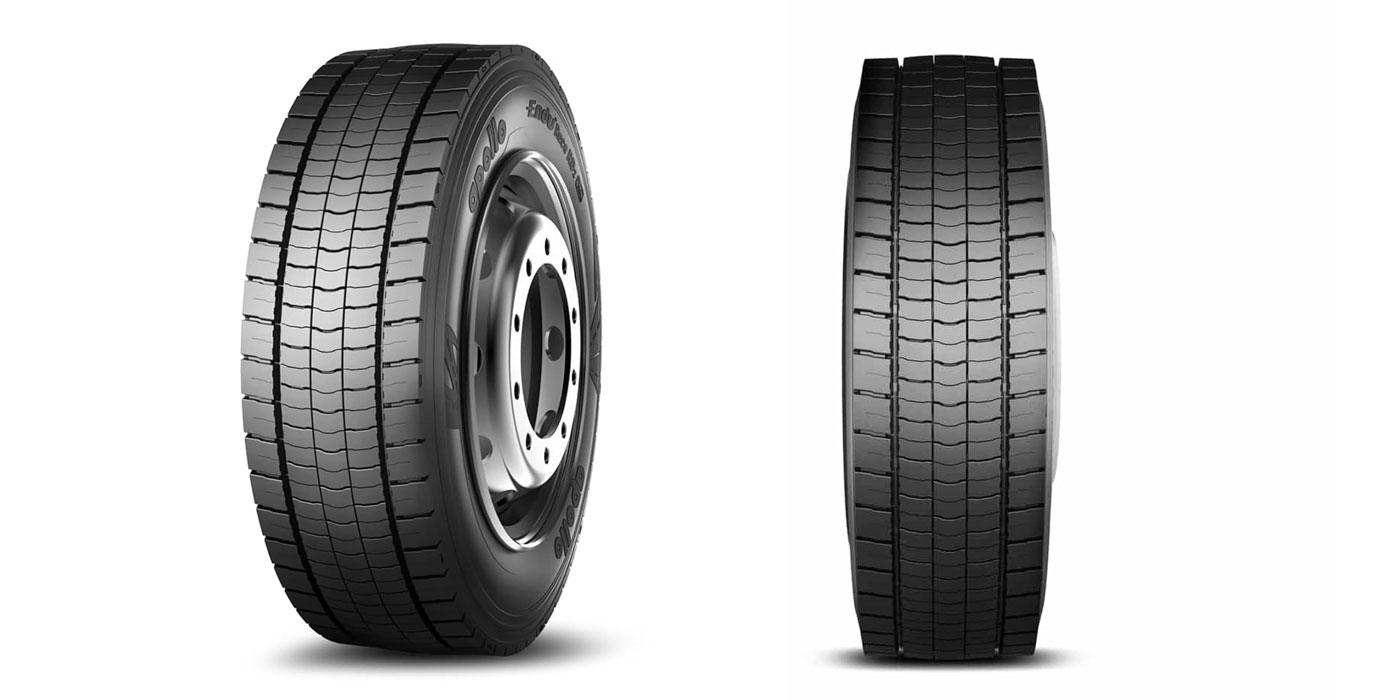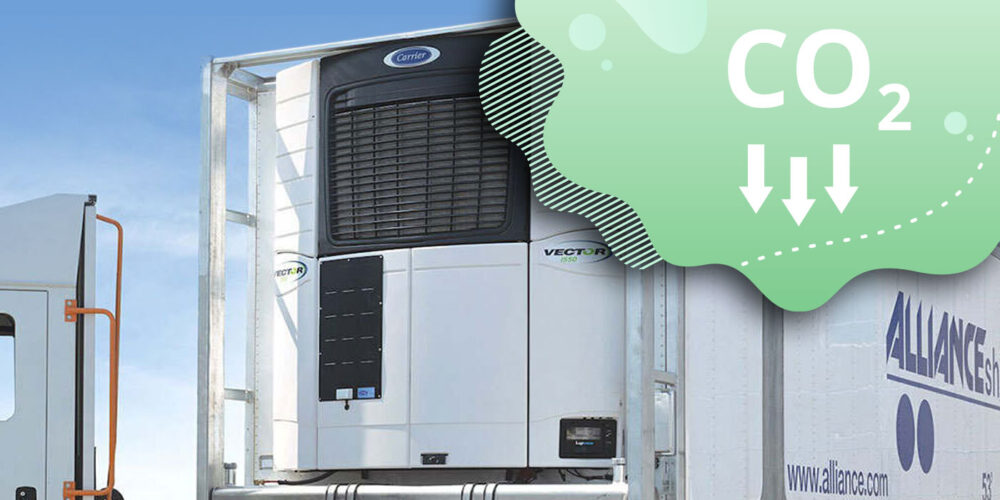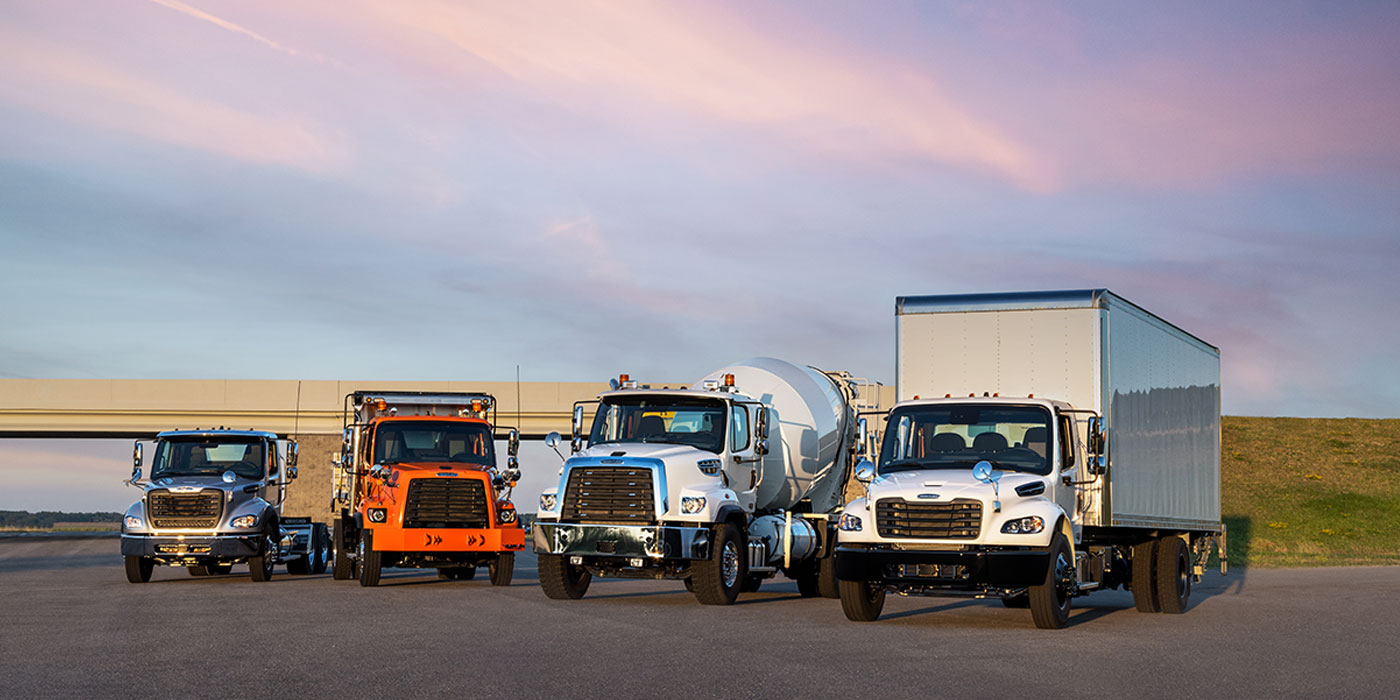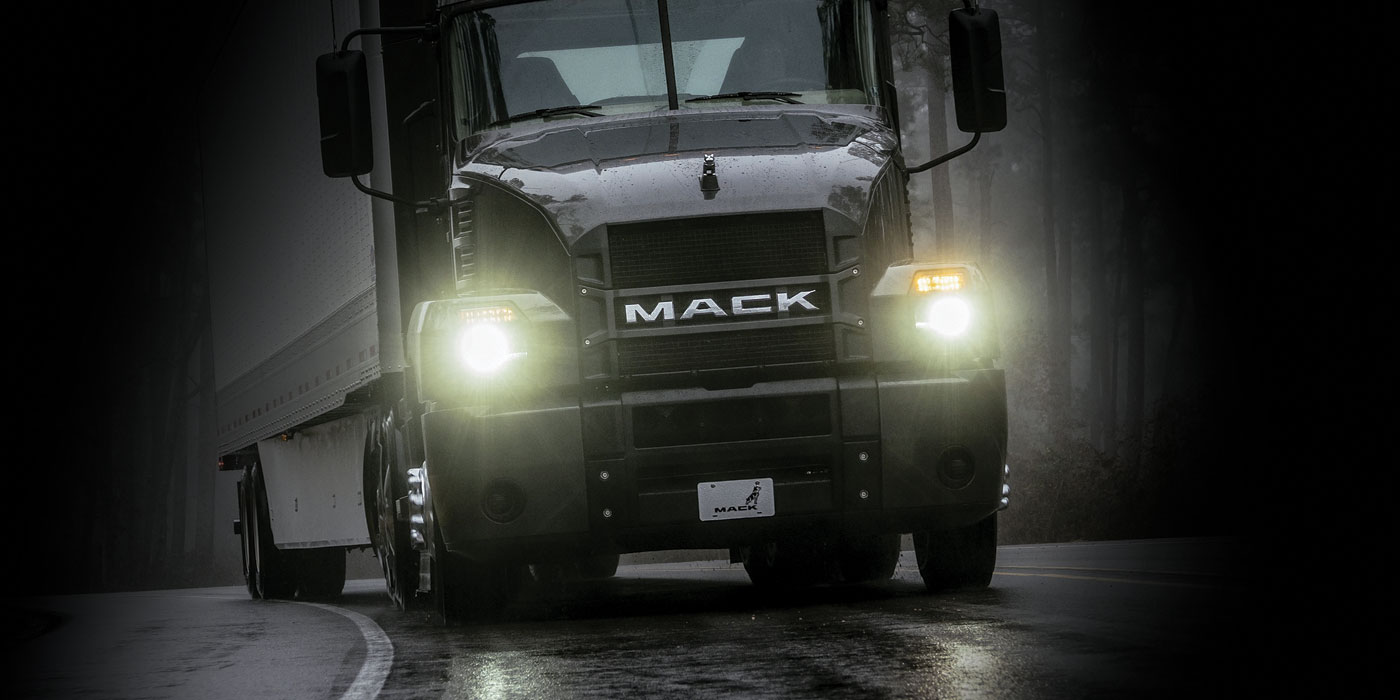
More and more each day, we rely on technology to assist us in our lives. From thermostats that automatically adjust the temperature in our homes based on our schedules to fitness trackers that monitor our physical activity, we are enjoying unprecedented levels of usefulness from various gadgets, mobile apps and other electronic devices.
However, for many fleet owners and parts managers in the heavy-duty industry, this level of convenience seems to disappear when they arrive at work. After checking their phones one last time to make sure they closed their garage door—and using the phone to close it remotely if they forgot—they spend the next eight to 10 hours personally monitoring maintenance schedules and more to avoid equipment issues and catastrophic failures that can bring their entire operation to a halt.
Of course, one of the most important elements of preventative vehicle maintenance is replacing all of the filters at the recommended intervals. It’s easy to keep tabs on months or miles between filter changes with calendar apps and other electronic tools, but how can you be absolutely sure you’re getting the right filters for each vehicle?
Just because you have several trucks from the same manufacturer in your fleet doesn’t mean the parts are interchangeable. Different engines and model years require specific filters, and if you use the wrong ones, your vehicles could become vulnerable to a variety of performance issues.
An incorrect oil filter, for example, might not seal properly to the engine block, even though the threads appear to line up and the filter seems to screw on properly. If this occurs, there can be oil pressure issues, leaks resulting in the possible loss of all engine oil, and problems with particulate entering the engine and causing damage to the cylinders and engine block.
An incorrect air filter will not match up with the filter housing on a vehicle’s engine, leaving gaps where dirt, dust and harmful particulate can slip by. These contaminants can also damage pistons, cylinder walls and the engine block if they are allowed to enter the engine and mix with the oil.
An incorrect fuel filter will also fail to restrict the maximum amount of debris due to improper connections. Because modern fuel systems are extremely sensitive to contaminants in the fuel, even the smallest particle can cause expensive damage by eroding the fuel pump, valves or injectors.
Fortunately, filter manufacturers offer online tools that are designed to help fleet maintenance managers search for and quickly find the parts they need for their scheduled filter replacements. Due to the potential variation between engines in trucks from the same manufacturer and even the same model year, it’s important to use a tool that allows you to search by the Vehicle Identification Number. Entering the 17-digit VIN is the best way to ensure that you’re getting the exact filters that are required for servicing a specific vehicle and taking full advantage of the technological tools that are available to you.
This article was contributed by Layne R. Gobrogge, director of heavy-duty marketing for Luber-finer.













